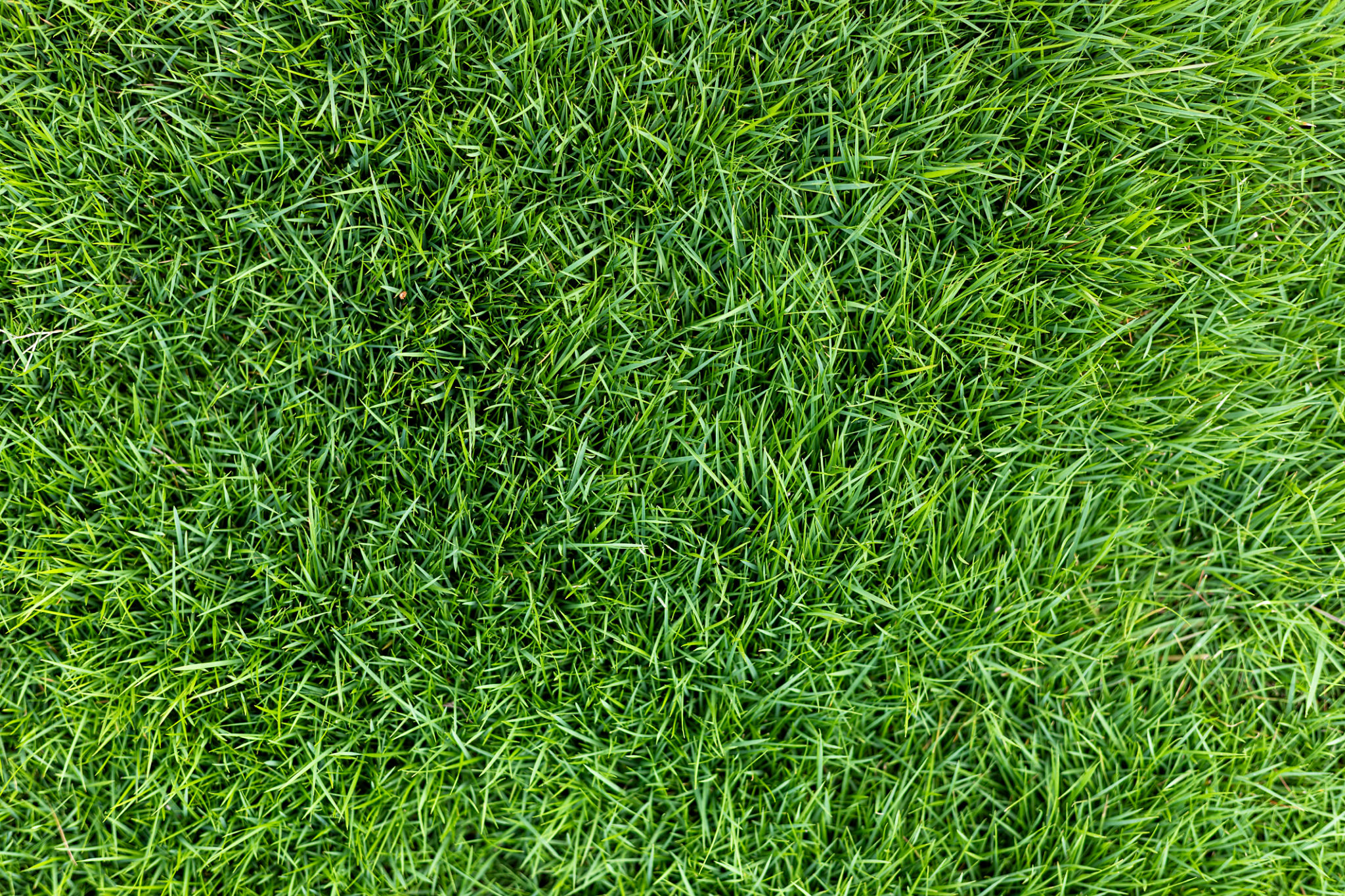Common Lawn Care Myths Debunked by Montgomery County Experts
Understanding Common Lawn Care Myths
Lawn care is an essential part of maintaining a beautiful home exterior, yet many homeowners fall prey to common myths that can hinder their efforts. Montgomery County experts have shed light on these misconceptions, helping homeowners nurture lush, healthy lawns.

Myth 1: Watering Daily is Essential
One of the most prevalent myths is that grass needs daily watering to thrive. In reality, overwatering can lead to shallow root systems and increased pest problems. Experts recommend watering deeply but infrequently, allowing the soil to dry out between sessions.
This approach encourages roots to grow deeper into the soil, making your lawn more drought-resistant. Aim for about one inch of water per week, including rainfall, to maintain optimal health.
Myth 2: Shorter Grass is Easier to Maintain
Many believe that cutting grass shorter reduces the frequency of mowing, but this practice can stress the lawn. Grass that is cut too short is more susceptible to weeds, disease, and drought.
Instead, keep your mower blades sharp and set them to a higher setting. Generally, you should never remove more than one-third of the grass blade in a single mowing session.

Myth 3: Fertilizer is a One-Size-Fits-All Solution
Fertilizers are often seen as a universal solution for all lawn issues. However, different lawns have unique nutrient needs and conditions. Using the wrong type of fertilizer can do more harm than good.
Conduct a soil test to determine the specific nutrients your lawn requires. This targeted approach allows you to choose the right fertilizer, promoting healthier growth.
Myth 4: Weeds Can Be Eliminated Permanently
While it would be convenient if a single treatment could eliminate weeds forever, this is not the case. Weeds are persistent and require ongoing management.
Implementing a regular maintenance routine, including proper mowing, watering, and fertilization, can reduce weed growth significantly. Use herbicides as needed, but remember that a healthy lawn is your best defense against weeds.

Myth 5: All Grasses Are the Same
Another common misconception is that all grass types are identical in care needs. In truth, different species have varying requirements for sunlight, water, and maintenance.
Research the grass type in your lawn to understand its specific needs. Tailoring your lawn care approach to the grass species will yield the best results.
By debunking these myths, Montgomery County experts empower homeowners to make informed decisions about their lawn care practices. Understanding these truths can lead to healthier, more resilient lawns, enhancing the beauty of your outdoor space.